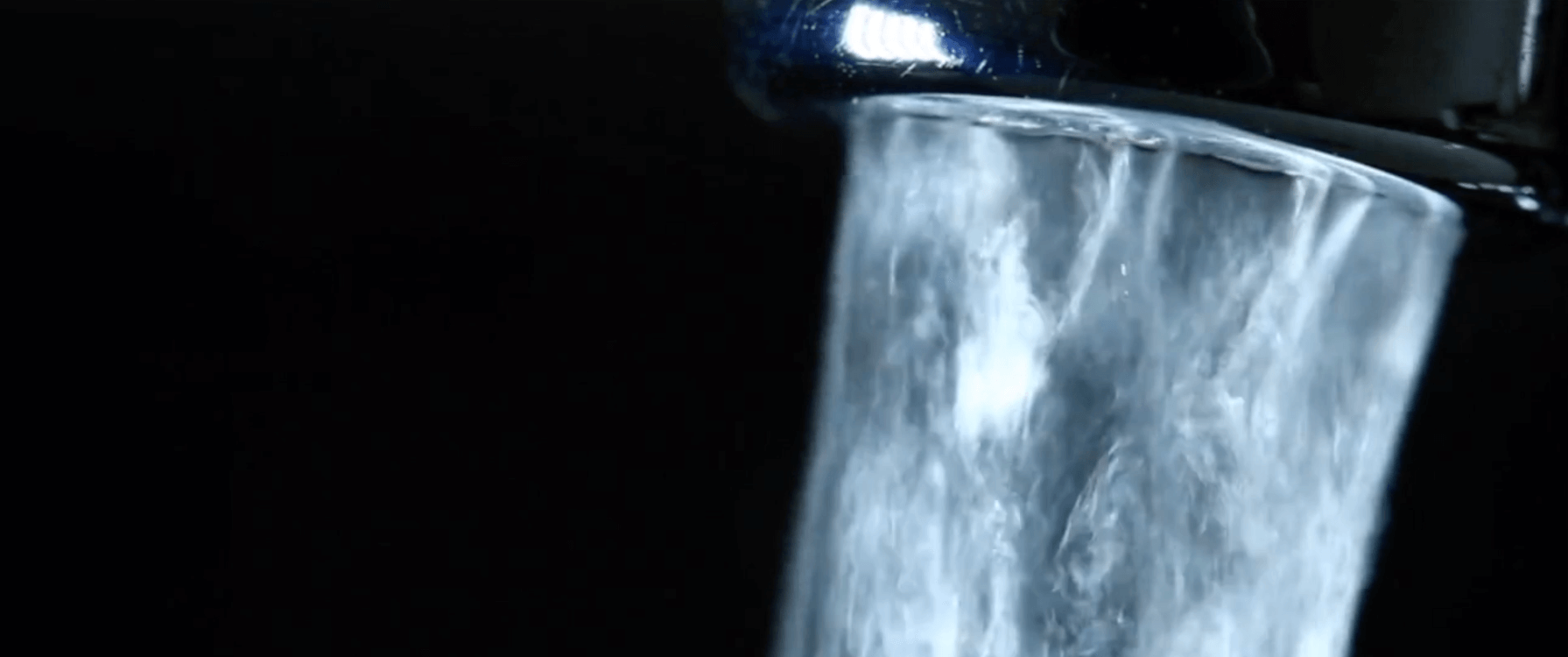Have you ever heard that the human body is made up primarily of water?
The percentage can vary widely, depending on one’s age, gender, and other physical characteristics. However, the average adult is over half H20—50-65%.
There’s no question that we need water to survive, but of course, water can also be fatal. Drowning, tsunamis, hurricanes, and flooding all pose a significant risk to us homo sapiens.
Read on to learn exactly what to do when your house floods.
1. Stanch the Flow
The cause of flooding can be either external, such as extreme weather events, or internal. Internal flooding occurs when there’s a failure in your plumbing system.
You cannot stop the rain from falling or the sea rising. But it may be possible to stop the flow of water if your pipes have burst.
If that’s the case, and if it is safe to do so, shut off the main water valve as soon as possible.
2. Cut the Power
Turn off the electricity flowing to your home—but only if you can get to the main breaker without stepping in standing water.
Again, safety is the watchword here. If you’re in doubt, err on the side of caution and simply evacuate the home. Make sure to take your family and pets with you!
3. Make Some Phone Calls
Another step that should be taken as soon as possible is contacting your insurance company.
Renters should call their landlord or property manager. And while you’ve got your phone handy, it’s a good idea to call any friends or family members who might be able to provide you with a place to stay.
You can also contact The Red Cross for assistance and guidance in this chaotic, confusing time.
4. Document the Damage
It’s tempting to start cleaning up immediately, rescuing waterlogged furniture, clothing, and other items.
Resist that urge for now. Instead, use your smartphone to take pictures and video, so that you have evidence to show your insurance company.
You may need to don waterproof boots or even waders to enter the home and keep your body protected. Remember that the floodwater could contain bacteria, sewage, or even dead household pests like mice.
Don’t compound your problem by putting your health at risk!
5. Begin Cleaning Up
In addition to damaging your possessions and possibly the very structure of your home itself, flooding can present a number of dangers to human health.
One of these risks is glass, metal, or other sharp objects that might be floating in the standing water. Another is bacterial infection. But perhaps the most problematic is mold.
To mitigate the possibility of injury and illness, hire a professional flood damage restoration company. They’ll know how to handle the scene safely. Not only that, but the pros also represent your best shot at getting every element of your home dry and ready for your family once more.
Knowing What to Do When Your House Floods Gives You Peace of Mind
When it comes to major catastrophes, knowing in advance how to handle the situation can be incredibly helpful. That way you will be prepared should disaster strike—and you can mitigate the total amount of damage.
Now that you know what to do when your house floods, why not learn more about fire damage restoration or mold remediation?
Check out our Restoration page for all the info you need to know.

